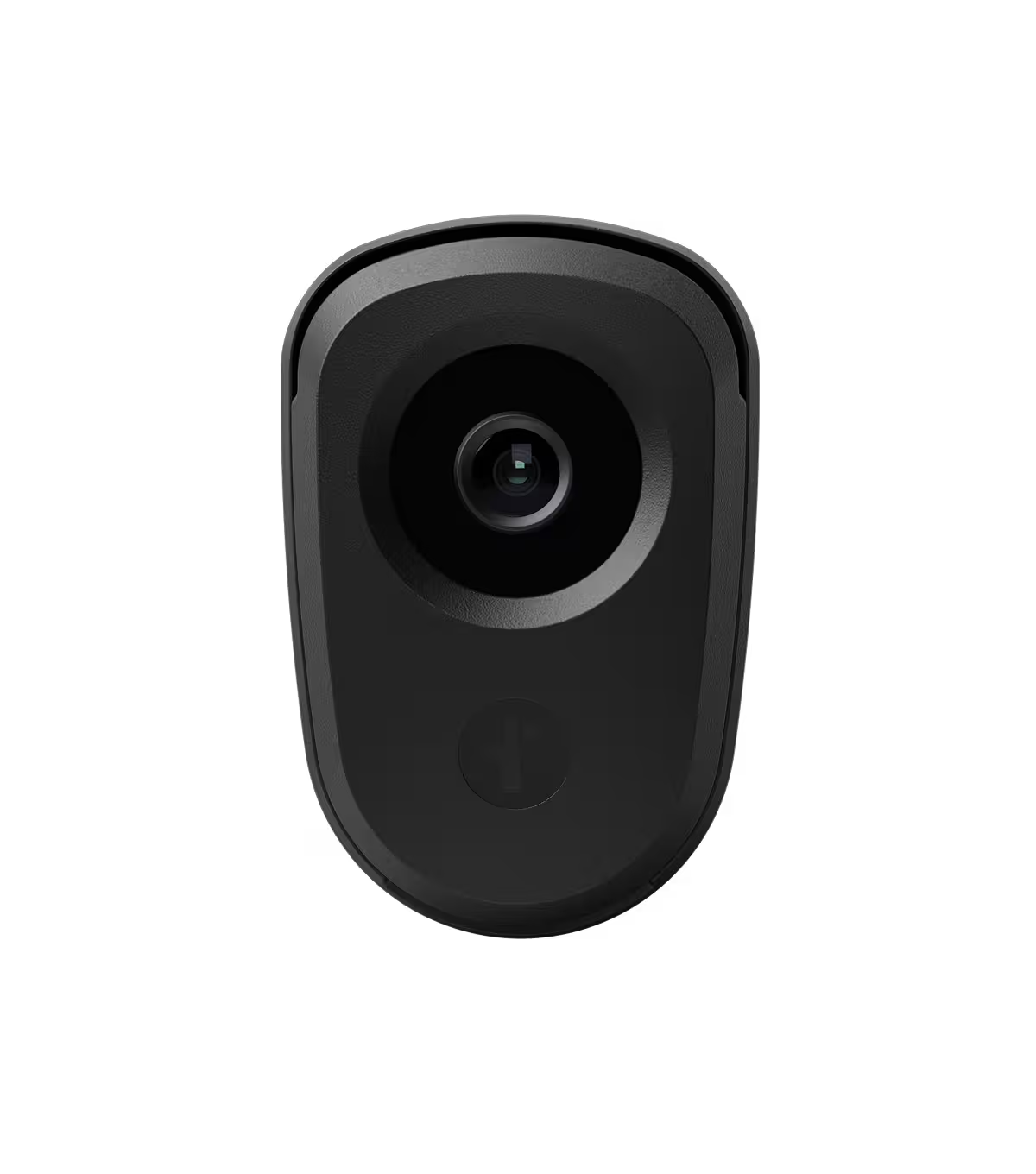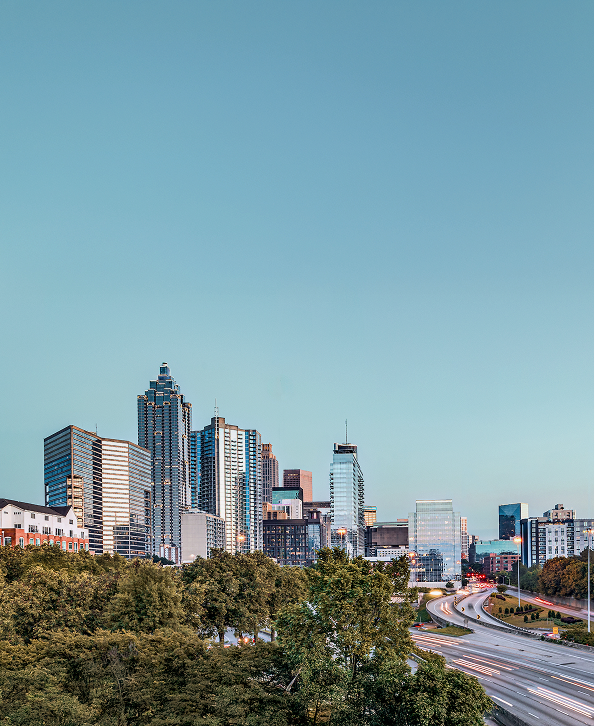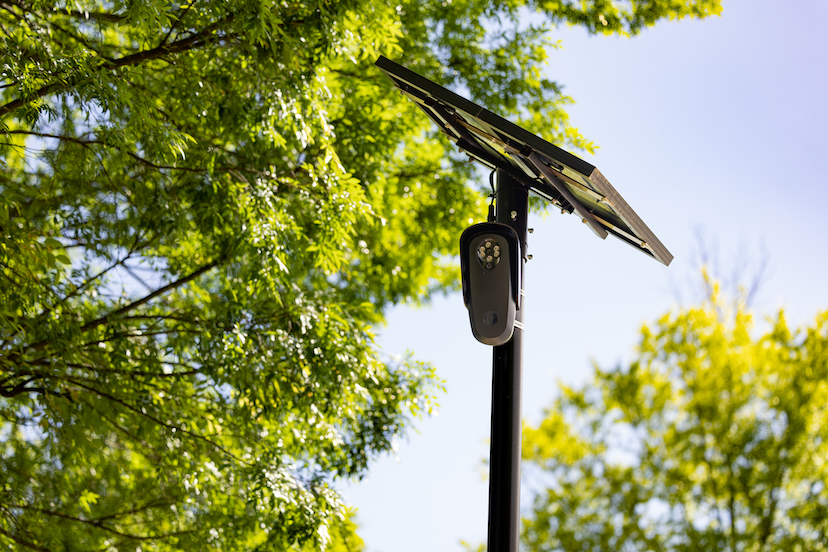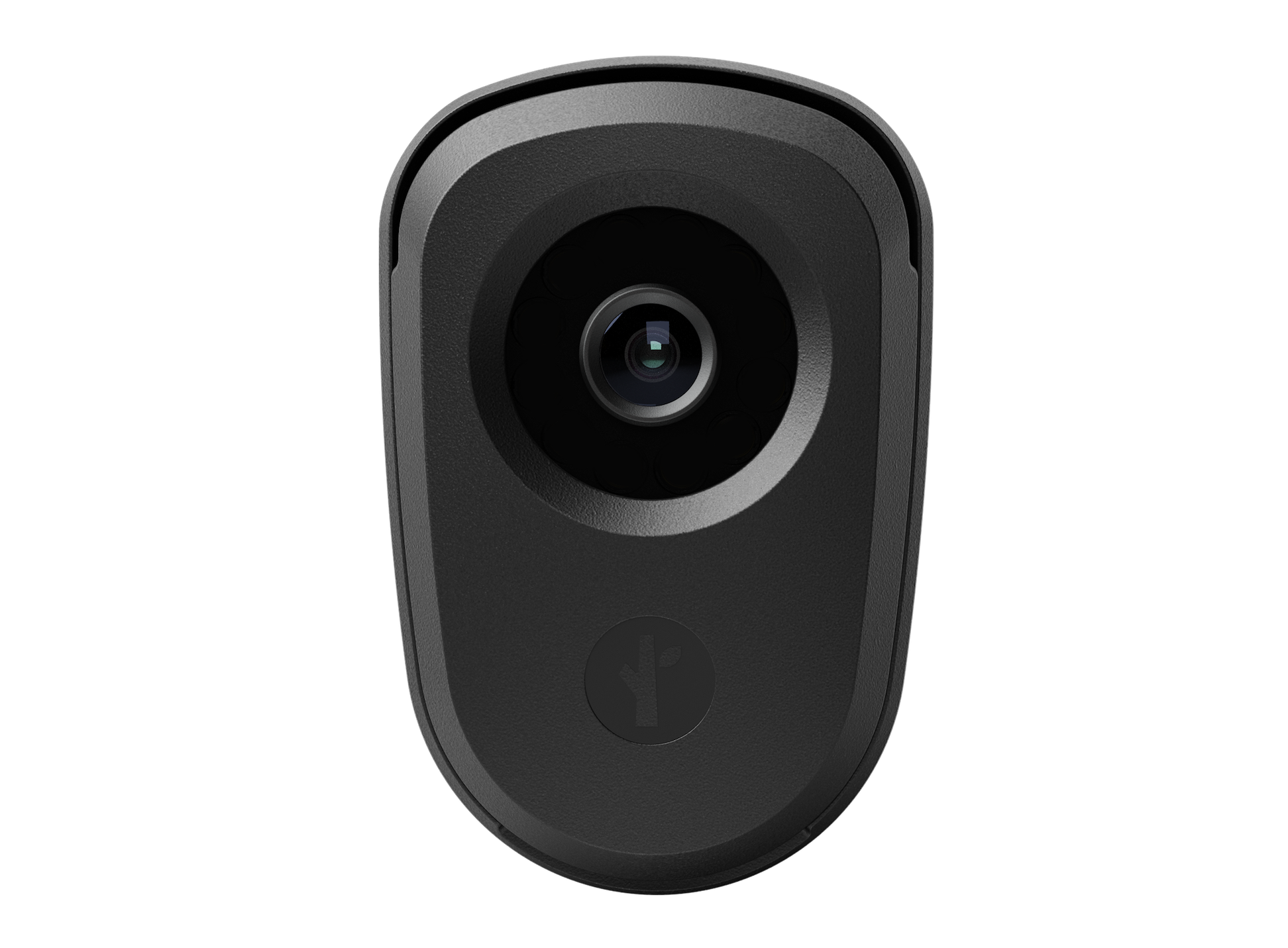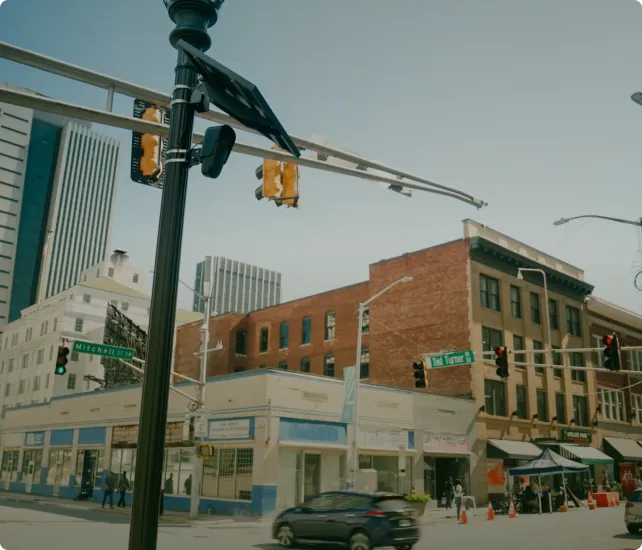


Security Strategies From Law Enforcement Investigators Part 6: Implementing Proactive Off-Hours Security Strategies
Protect your business after hours with proactive security strategies. Learn how LPR cameras, video, and audio detection enhance protection.
Managing a business in 2024 involves handling multiple challenges—ensuring employee safety, retaining top talent, maintaining a strong brand reputation, and keeping the business profitable. It’s a complex task that no business owner should have to face alone.
To help you navigate these challenges, we consulted two experts: David Ballard and Rich McElwain, Flock Safety Solutions Consultants. With over 35 years of combined experience in law enforcement and criminal investigations, they provide invaluable insights into creating safer business environments.
This 7-part series offers practical strategies based on their extensive knowledge, aimed at enhancing security, protecting employees and visitors, and safeguarding your business reputation.
Discover more security strategies for your business in our guide: 7 Security Strategies From Law Enforcement Investigators.
While businesses are bustling during operational hours, security concerns often increase after closing time. Implementing proactive off-hours security strategies is essential to protect your property and assets when the lights go out. Here’s how to ensure your business remains secure even when you’re not around, using advanced technologies like license plate reader (LPR) cameras.
The Importance of Off-Hours Security
Criminals often target businesses during off-hours when there is less likelihood of being caught. Without a proactive security strategy, businesses are vulnerable to theft, vandalism, and other crimes. A comprehensive off-hours security plan, incorporating LPR cameras, can deter these activities and provide peace of mind.
Advanced Technology for Off-Hours Security
Several advanced technologies can enhance off-hours security:
- License Plate Reader (LPR) Cameras: LPR systems can monitor vehicles that enter your property after hours. Suspicious vehicles can be flagged, providing crucial data for investigations. The ability to track and record vehicle movements around your property adds a significant layer of security, helping to identify and deter potential criminals.
- Video Cameras: High-definition cameras with night vision capabilities ensure continuous monitoring. Integrate these cameras with a central monitoring system for real-time alerts and recordings. This setup allows for comprehensive coverage of your property, ensuring that no area is left unchecked.
- Audio Detection: Audio detection systems can capture sounds that indicate criminal activity. These systems can trigger alerts, ensuring a quick response if an incident occurs. Integrating audio detection with LPR cameras and video monitoring creates a robust security network.
Implementing such technologies will provide law enforcement with the actionable evidence needed to prosecute perpetrators. According to David Ballard, Flock Safety Solutions Consultant and former Lieutenant with the Shelby County Sheriff’s Office, “You cannot argue with a tag and a car.”
Real-Time Alerts and Monitoring
Implementing a system that provides real-time alerts and monitoring is critical for off-hours security. This allows you to respond swiftly to any suspicious activities. Consider the following measures:
- Centralized Monitoring: Integrate all security systems, including LPR cameras, into a centralized monitoring platform. This enables security personnel to oversee multiple locations simultaneously and respond quickly to incidents.
- Mobile Alerts: Set up mobile alerts for key personnel. If an incident occurs, they can be notified immediately and take appropriate action, even if they are off-site. This ensures a rapid response no matter the time or location.
- Remote Access: Ensure that your security system allows for remote access. This way, you can monitor live feeds and review recorded footage from anywhere, at any time, giving you control and oversight even when you’re not physically present.
Implementing a Comprehensive Off-Hours Security Plan
To implement a proactive off-hours security plan, consider the following steps:
- Assess Vulnerabilities: Conduct a thorough assessment of your property to identify potential vulnerabilities. Pay special attention to entrances, parking lots, and areas with valuable assets. This will help you determine where to deploy LPR cameras and other security measures.
- Install Advanced Technologies: Equip your property with LPR cameras, video, and audio detection systems. Ensure that these technologies are integrated for seamless monitoring and alerts, creating a unified security system.
- Establish Protocols: Develop clear protocols for responding to off-hours incidents. Ensure that all security personnel are trained in these protocols and understand their roles and responsibilities, ensuring a coordinated response.
- Regular Reviews and Updates: Regularly review and update your security plan. As new technologies emerge and threats evolve, it’s important to keep your security measures up to date, maintaining the effectiveness of your off-hours security strategy.
Conclusion
Implementing proactive off-hours security strategies is essential for protecting your business when you’re not around. Advanced technologies such as license plate recognition cameras, video, and audio detection provide comprehensive coverage and real-time alerts, ensuring that you can respond swiftly to any suspicious activities.
A thorough off-hours security plan not only deters criminal activity but also provides peace of mind. By investing in advanced security solutions like LPR cameras and establishing clear protocols, you can safeguard your property and assets, ensuring that your business remains secure around the clock.
Read on to part 7:





Protect What Matters Most.
Discover how communities across the country are using Flock to reduce crime and build safer neighborhoods.

.webp)
